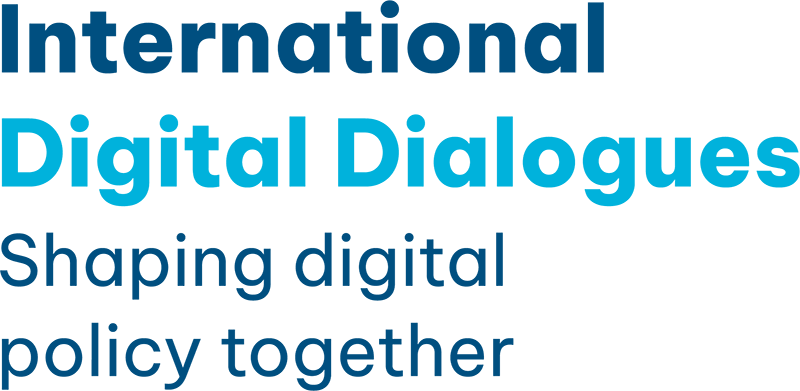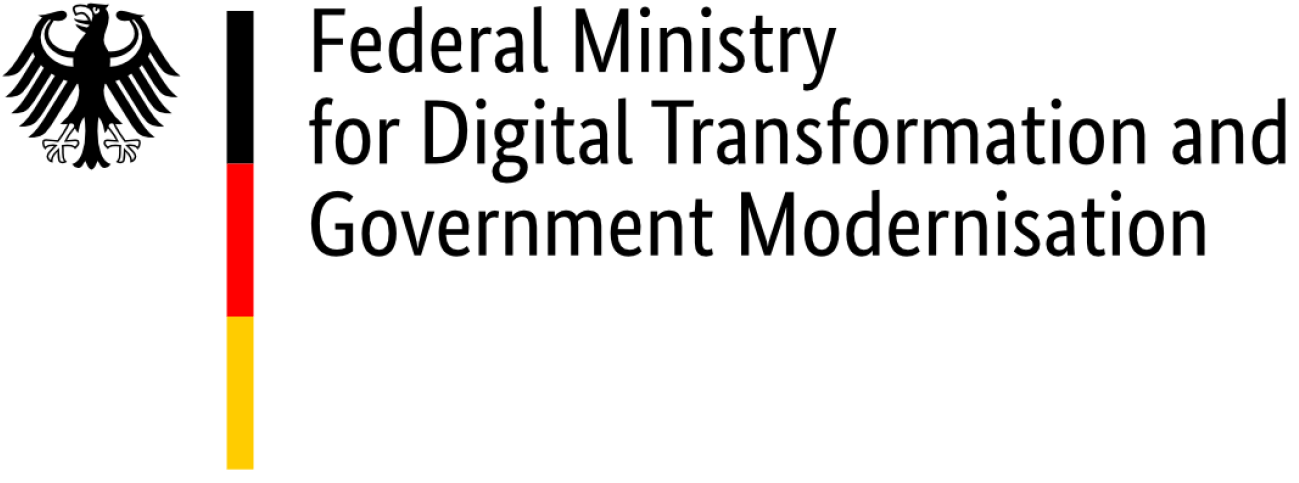Call for papers on digital authoritarianism
General
Please find the detailed call for papers of the Robert Schuman Centre for Advanced Studies here:

Authoritarian regimes worldwide are increasingly using the internet in ways that undermine its open, free, safe and secure nature. Recognising this trend, scholars from various disciplines have intensified their research efforts to understand the effects of these digital practices on societal development, human rights, democracy and international security. However, the discussions have remained fragmented across disciplines, leaving gaps in understanding the phenomenon.
Fostering interdisciplinary dialogue on digital authoritarianism
The conference in Florence seeks to address these gaps by fostering interdisciplinary dialogue. Among others, the following questions are in the focus:
- Conceptual exploration: What constitutes digital authoritarianism, and how do we distinguish it from legitimate internet usage? What are the evolving practices, and what methodologies are needed to study them?
- Practical insights: What tools and mechanisms are used by digital authoritarian regimes? How do these practices impact different stakeholder groups, and what are the leading counter-practices?
- Impact assessment: How are digital authoritarian practices evolving over time, and what is their global impact? Are these practices consolidating authoritarian regimes, and what countermeasures have proven effective?
- Governance considerations: How does digital authoritarianism influence global governance of the digital domain? What mechanisms do authoritarian regimes use to shape global perceptions, and how do other actors influence these regimes?
Conference tracks: policy and technology
The conference will feature panel discussions and roundtables, with papers organised in two tracks: policy and technology. The policy track focuses on understanding digital authoritarian practices and their societal impact, while the technology track delves into the technical processes behind these practices.
Presenters are expected to deliver short papers of 4,000-5,000 words, with selected papers to be published in an edited volume. The organisers will produce an event report with recommendations for the incoming European Union leadership following the 2024 elections.
Call for participation
Scholars who wish to participate in the conference are invited to submit abstracts and short bios online by 29 March 2024. Selected authors will be notified by 19 April 2024, and are expected to submit draft papers by 18 October 2024.
The conference welcomes submissions from scholars worldwide, with travel expenses covered for selected authors. For additional information, interested individuals may contact conference organisers Prof. Stephanie Hofmann (stephanie.hofmann@eui.eu) and Prof. Patryk Pawlak (patryk.pawlak@eui.eu).
Do not miss this opportunity to contribute to the discussion about digital authoritarianism and its implications for democracy and human rights!
More interesting news

General
Strengthening the economy, deepening partnerships: Exchange with the German business community
The German Federal Ministry for Digital Transformation and Government Modernisation (BMDS) and the European Commission hosted a joint event in Berlin on 28 November 2025. The event offered representatives of German and European companies as well as industry associations the opportunity to learn more about the EU's Tech Business Offer and the International Digital Dialogues pursued by BMDS. Both instruments are important platforms for supporting digital economy cooperation projects and strengthening dialogue on key digital policy issues with international partners.

General
Satellite event at the AsiaBerlin summit 2025: Insights on the EU Tech Business Offer
On 27 November, the German Federal Ministry for Digitalisation and Government Modernisation (BMDS) hosted a satellite event at the AsiaBerlin summit for Asian companies. The event, for the first time ever, gave attendees the chance to ask questions directly to the European Commission on the recently launched EU Tech Business Offer. It also equipped the guests with practical information on the opportunities provided through the EU Tech Business Offer and the International Digital Dialogues.
Read more … Satellite event at the AsiaBerlin summit 2025: Insights on the EU Tech Business Offer

General
Stakeholder Consultation 2025 for the International Digital Dialogues
Less than two weeks after the German Bundestag elections, the Federal Ministry for Digital and Transport (BMDV) hosted a stakeholder consultation for the International Digital Dialogues. With this instrument, BMDV proactively seeks feedback and input for its exchanges with partner governments of the Digital Dialogues as well as for the ongoing discussions that will shape the new German government’s digital policy agenda.
Read more … Stakeholder Consultation 2025 for the International Digital Dialogues
Newsletter
Stay informed! To subscribe to the Digital Dialogues newsletter, enter your e-mail address here. Please also refer to our privacy notice.


